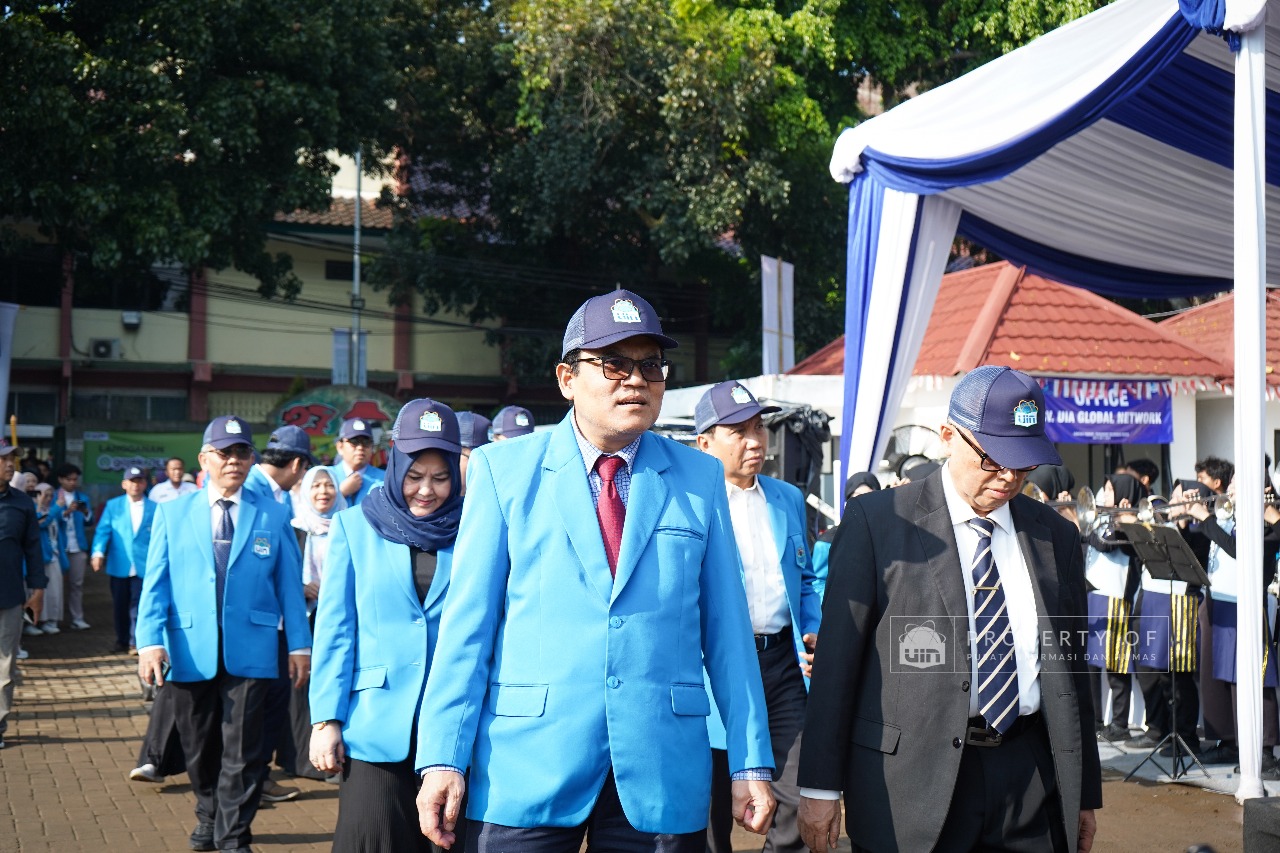By: Cinta Rahmi (Lecturer at STIE Ganesa)
Waste has long been considered a major and serious environmental problem in many countries, including Indonesia. However, this paradigm is beginning to shift with the rise of waste management concepts that not only aim to reduce waste but also transform it into a source of economic income. The idea of “Waste to Wealth, Full of Blessings” is not merely a slogan, but a reality that has proven to deliver significant economic and social benefits through various innovations and waste management programs.
First, from an economic perspective, effective waste management can become a new source of income, especially for lower- and middle-income communities. For instance, the growing presence of waste banks (bank sampah) in several Indonesian cities such as Pekanbaru and Bekasi demonstrates that properly sorted and managed waste can generate real economic value. Waste banks allow residents to “deposit” inorganic waste that has been sorted, which is then processed and sold into high-value products. This program creates jobs, increases household income, and at the same time reduces waste sent to final disposal sites. As an illustration, some waste banks have managed to generate revenues of tens to hundreds of millions of rupiah per month from processing materials like paper, plastic, and glass.
Second, waste management that embraces a circular economy approach provides positive environmental impacts. Circular economy practices maximize resource utilization through the principles of reduce, reuse, recycle, and replace. By turning waste into new products such as handicrafts, compost, or other recycled materials, not only does it reduce pollution, but it also conserves increasingly scarce natural resources. The economic potential arising from the processing of both organic and inorganic waste serves as an incentive for communities to be more aware and active in sorting and managing their own waste. For example, research conducted in a campus environment shows that plastic and organic waste can be processed into economically valuable products, with significant earning potential within a year.
Third, organized and community-based waste management strengthens social and cultural values. Through waste banks, people not only earn money from waste but also cultivate a culture of cleanliness and environmental responsibility. Additionally, ongoing educational and training programs play a role in improving environmental literacy and nurturing community creativity in utilizing waste. This turns waste into more than just discarded material—it becomes a blessing and an eco-friendly business opportunity that supports family and community welfare.
Fourth, government and corporate support is crucial in accelerating the success of transforming waste into economic value. Various regulations and funding programs have been established to support waste management as a sustainable, environmentally friendly business. For instance, Indonesia’s Government Regulation No. 81 of 2012 provides a strong legal framework for source-based waste management. Partnerships among government, private companies, and educational institutions have also led to the establishment of waste banks and improved waste processing technologies. Initiatives such as those by PT Chevron in Riau demonstrate how such collaborations can generate broad socio-economic impacts by sustainably transforming waste into economically valuable products.
Nevertheless, there are several challenges in optimizing the potential of waste-to-income programs. Public understanding and awareness of proper waste management remain limited in certain areas. Adequate facilities and technologies are also not evenly distributed, especially in rural and densely populated urban regions. Therefore, education, infrastructure development, and consistent policy support must be continuously strengthened to ensure active participation across all levels of society. Moreover, the sustainability of these programs depends heavily on effective monitoring and evaluation systems as well as the involvement of all stakeholders—from households to local governments.
In conclusion, the concept of “Waste to Wealth, Full of Blessings” has proven that waste is not merely an environmental problem to be discarded but a potential economic resource that can be harnessed for community welfare and environmental preservation. Through organized waste management, circular economy practices, and support from technology and communities, waste can indeed become a blessing that brings economic, social, and environmental benefits. These efforts must be continuously promoted through synergy among communities, government, academia, and businesses so that the blessings of waste can be widely and sustainably realized.




